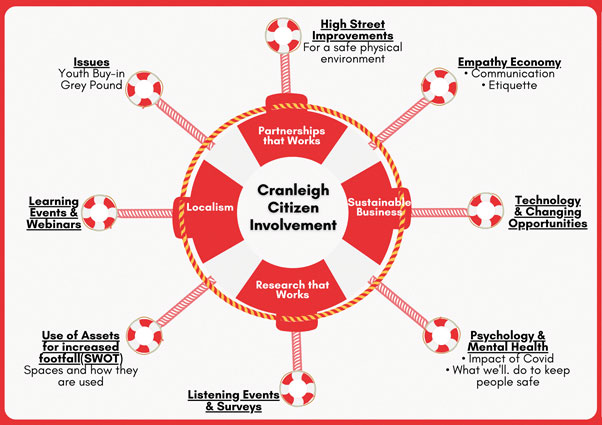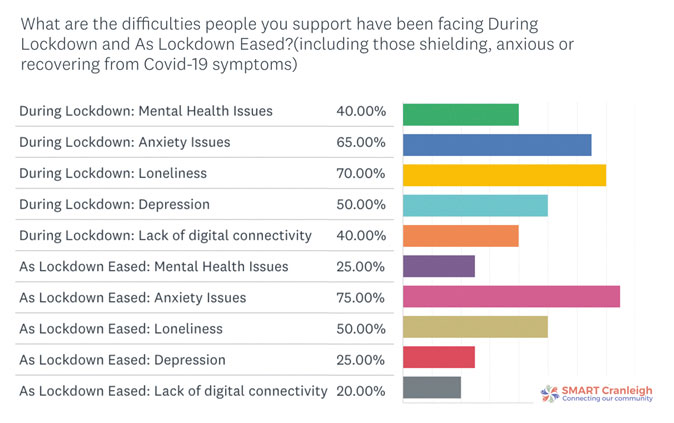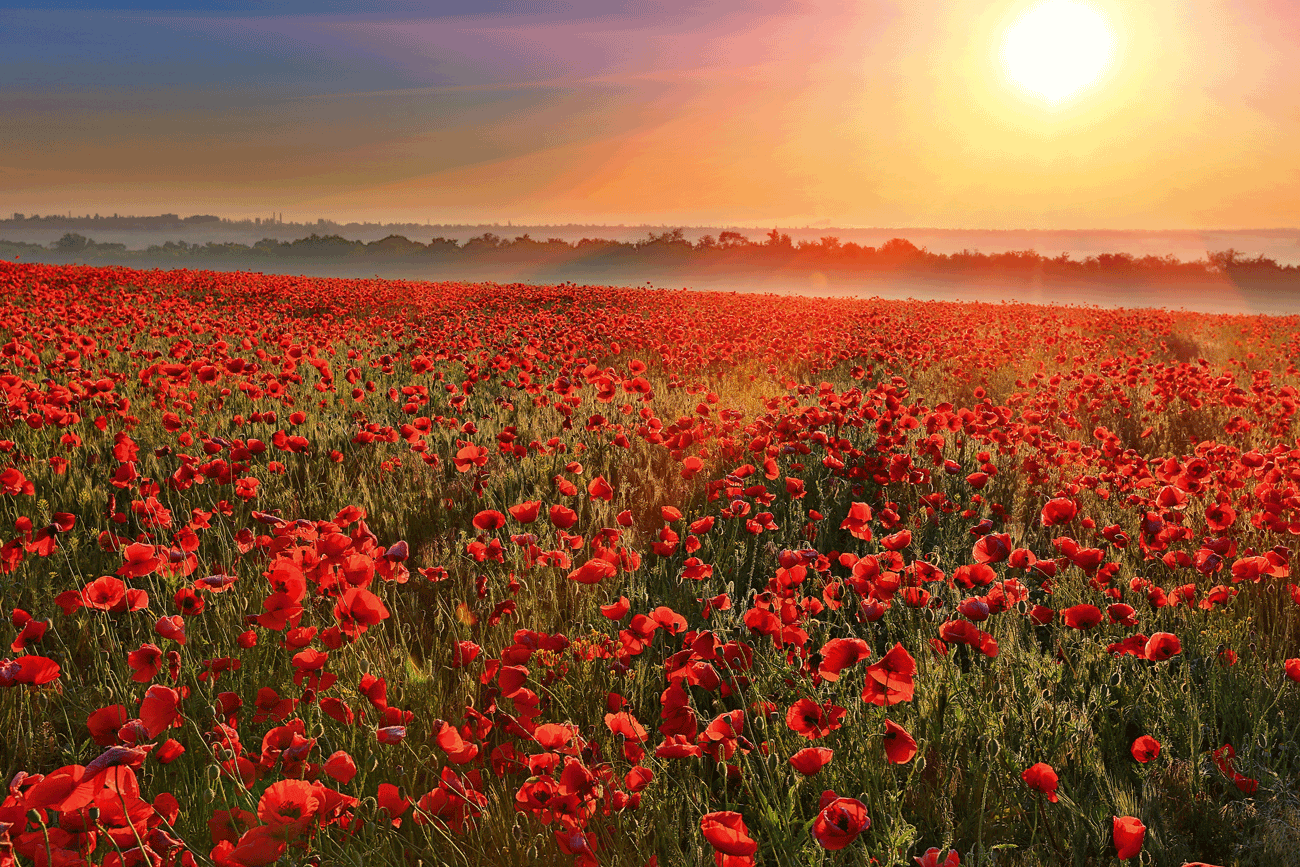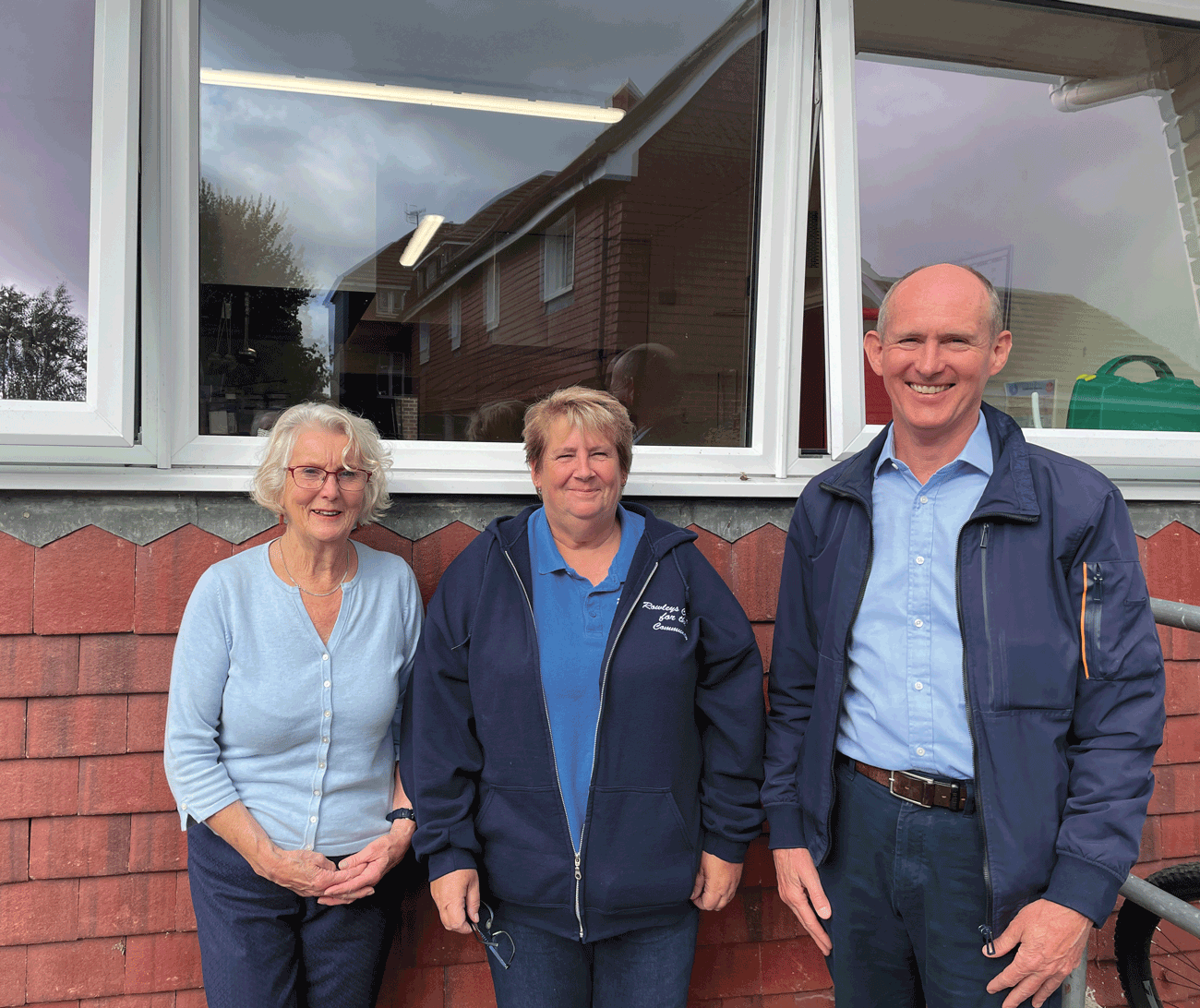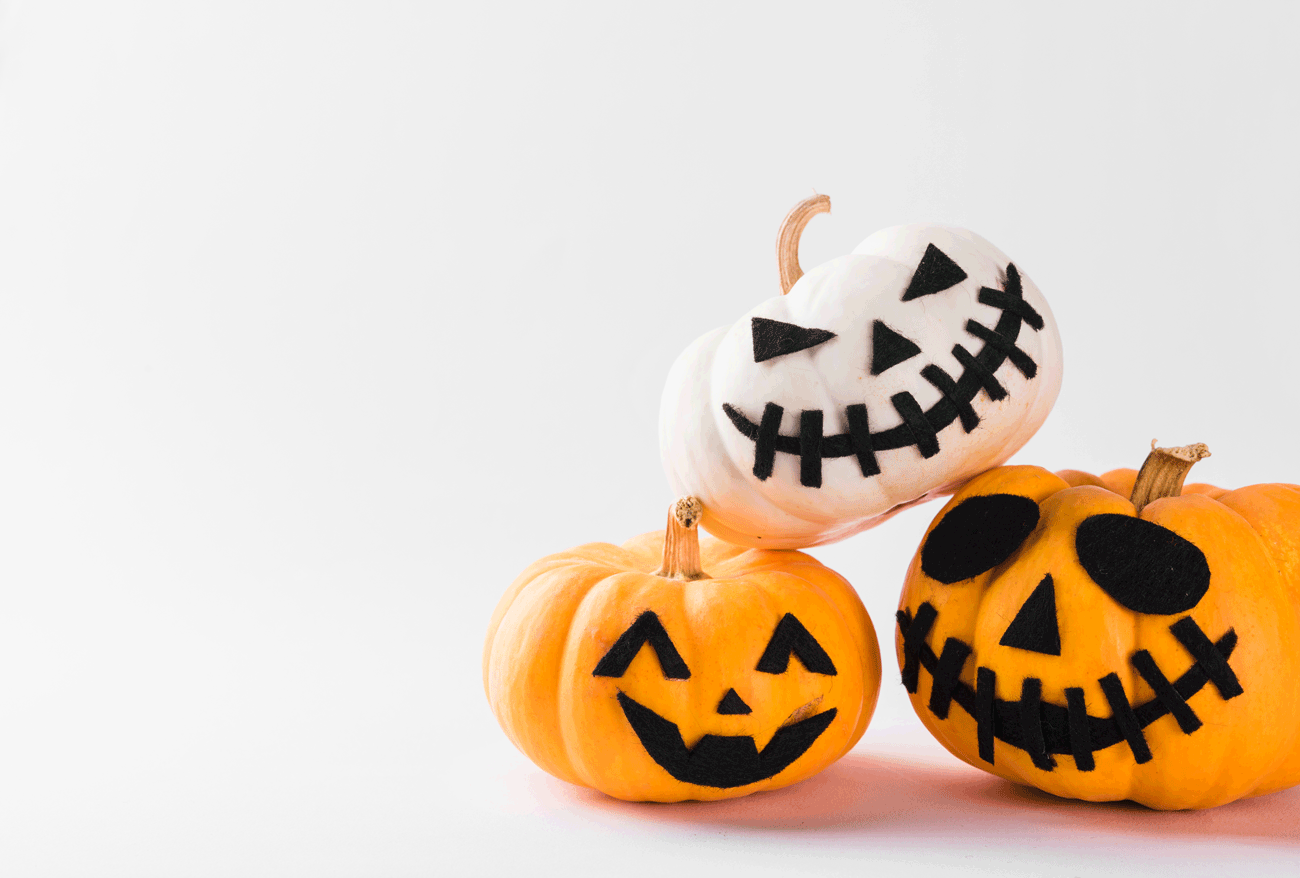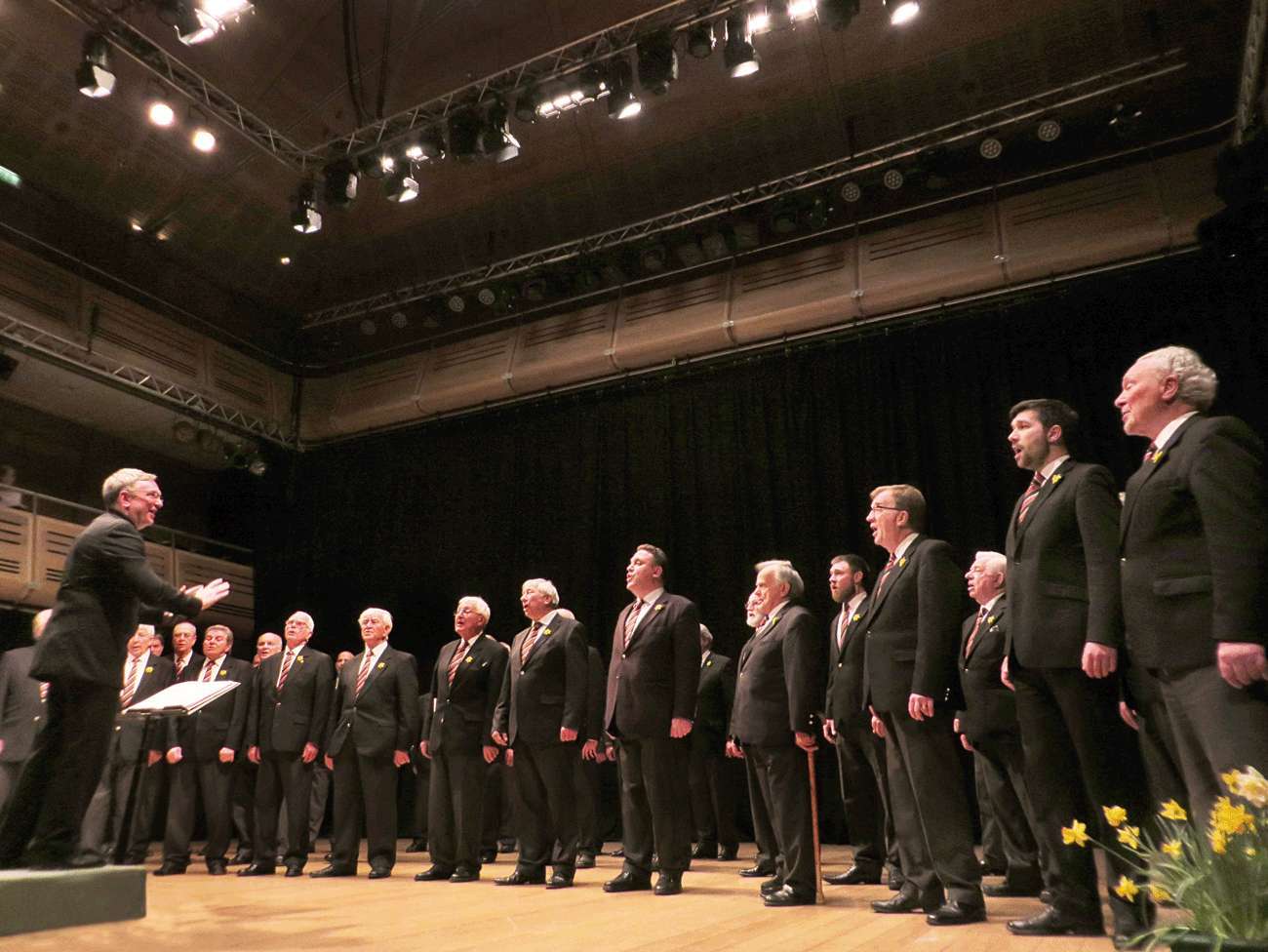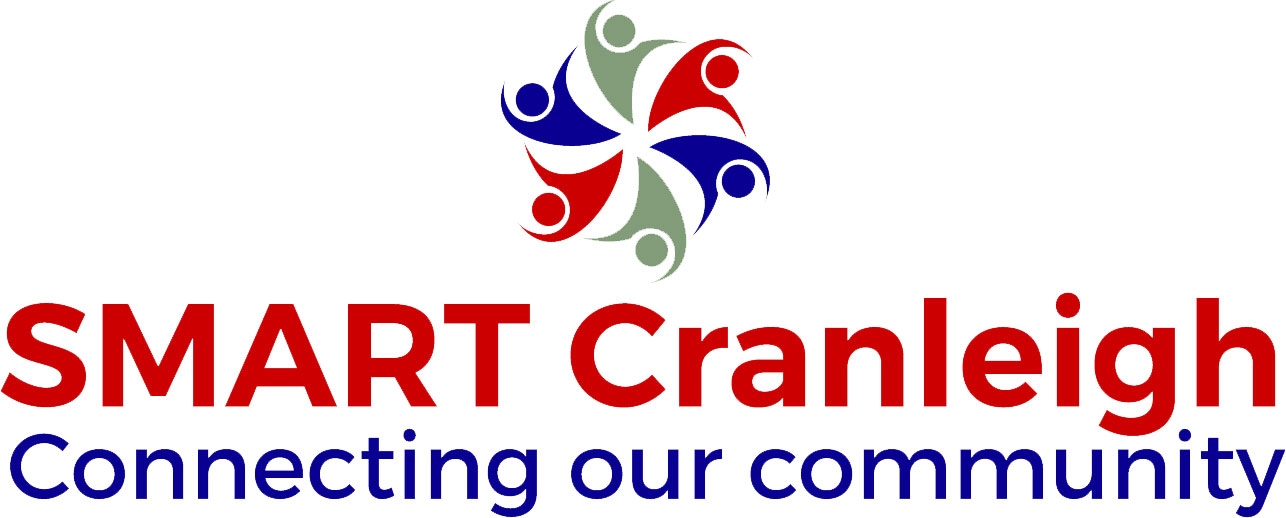
Reflections on how we have built resilience together during the pandemic
This article is a reflection and a celebration of our humanity, the power of friendship, empathy and creativity during Covid-19. This has demonstrated that the power of good relationships is the key to everything that is good in our community. Charity in its true sense, and civic virtue are things we have seen here in Cranleigh and all over the country.
It’s a reflection on the power of community, where we have seen the values of people giving from the heart without thought of payment, creating new forms of communication and practical support emerging such as the Cranleigh Radio, the Cranfold Sparkle paper and across neighbourhoods, the work of the Street Champions and so much more.
In addition, so many people and groups have been picking up the phone to keep people connected both near and further afield with the aid of Zoom and new technologies, fast tracked over this last year.
Here are some other things that have been going on, some behind the scenes of this last year that brought shockwaves through society and in our midst.
The Cranleigh and local area Covid-19 response was immediate:
A shared project with The Cranleigh Community COVID Action Group, a collaborative group set up by Surrey Hills Rehab and SMART Cranleigh which gave birth to the formation of a neighbourhood volunteers’ scheme (later became Street Champions led by the Parish Council) and subsequently, the Emotional Support Helpline.
- The Cranleigh Emotional Support Helpline was developed through new relationships within the community during the crisis, and its many skilled residents. Volunteers came forward from all backgrounds, including those working professionally in, and passionate in supporting people’s mental health. From these connections, a rota was developed to staff a helpline with a triage team and a ‘green team’ who would then support the individual through a Bespoke handbook of services they could self-refer to and specific guidance from a PhD project into emotional support during this crisis.
- Following the skilled volunteers spending time assessing their situation, they have then been referred onto the appropriate state services to support them longer term. The coming together of the community and the professionals offering their services bone fide has forged relationships and a shared understanding of needs and desire to learn and find ways to continue over the coming months in a sustainable way as people return to work.
- Around Cranleigh high street, posters with essential contact numbers were created, printed and delivered to enable vulnerable people to access the information that there was volunteer support so they could safely isolate themselves at home during the pandemic. These were also posted through every door in Cranleigh thanks to the positive relationship with the Cranleigh Royal Mail team.
- Street Champions : The team of about 135 volunteers to date collecting shopping and medication for hundreds and hundreds of vulnerable families so they can be shielded, potentially saving many lives.
- Through the Cranleigh Community COVID Action Facebook group the message got out that there was local help and support to over 700 people who live in Cranleigh but also their families who could not support them directly but could then access a volunteer for them through the national COVID mutual aid project
- Cranleigh has been recognised across the county as a village that has worked together as a community, pulling together volunteers and services across from all areas, and has been used as an example for other villages and towns to aspire to.
What has been achieved has been extraordinary. Especially when those individuals have also had to cope with their own family needs during the crisis, home-schooling and keeping their own work afloat through these unprecedented times. All in their ‘spare’ time! (Kim Wilson)
- Several Zoom classes werelater initiated for older people to keep people moving and provide people with dementia and their carers enjoyment through music using reminiscence and an array of music and song. These are led by a fitness instructor, music therapist and music teacher who has led groups for people with dementia for several years for singing.
A monthly paper was created to keep older people without access to the internet connected; The Cranfold Sparkle was the work of varied range of contributors from different ages, individuals and groups, including schools such as Park Mead. 200 copies per month distributed over last 6 months thanks to a member of our steering group, the editor Victoria Theobald
‘It has enabled our tenants who don’t use a computer to have something to enjoy’ Scheme Manager, Lucy Hunter
Later initiatives included:
- Webinars– for The Chamber of Commerce and Health and wellbeing Recharge events took place with learning about how other places have responded – the community sharing ideas.
- Listening – surveys about the challenges people have faced about use of digital and how the High Street is used and experienced during this time
- A local working group set up by SMART Cranleigh worked with the League of Friends and with a small group of local people with a health and care background following a public consultation (Better Care Together). The consultation was about increasing healthcare choice, getting services closer to home, more equal access to medical care and providing sustainable and affordable services that reduce unnecessary admissions to hospital in the form of an acute treatment centres.
This group has been meeting weekly on zoom to discuss, research and create a report which has now put Cranleigh on the short list of options for consideration regarding urgent care needs. The outcome is work in progress in the changing post Covid world. The needs remain stark and the group is committed to work within any new framework that emerges.
A report was submitted in August by the group to the local health service chiefs
Other specific health related initiatives include:
- A Covid Rehabilitation collaborative project with SMART Cranleigh and Surrey Hills Rehab is running for people experiencing long term disabling symptoms until March 2021
- A new Falls project will offer support and rehabilitation for people who are falling or have a fear of falling and have lost confidence since the pandemic
- Other collaborative projects include supporting older people who wish to feel confident about using digital devices to help them achieve what they want to learn and prevent isolation.
It was fun to organise a community online interactive learning event in July involving both local and national experts and a local retailer, with the Chamber of Commerce. This was designed to help put the spark back into the High Street so people feel safe and have a happy experience and help business to flourish.
This brought together retailers together with good speakers for two interactive webinars to consider wider aspects of community wellbeing related to the High Street experience, taken from different perspectives as we come out of Covid-19. The hope was that the conversation emerging would help the High Street stay alive and integrate retail business needs with a wider health and wellbeing agenda.
We designed a learning café style webinar entitled ‘Retail Recharged’ and had about 25 local participants. The first session focused on :
- The importance of partnerships and localism
- Exploration of e-commerce and bricks and mortar and how they can sit alongside each other
- The environment design and importance of accessibility for people with disabilities, frailty, and mental health challenges.
The second session focused on the psychology and behavioural side of the shopping experience and empathy economy how we build on learning in Cranleigh, a large Surrey village, feeding back learning from an online survey compiled by local an independent psychologist looking at people’s experience of using the High Street. This included use of masks exploring fears and concerns and what would help to build confidence and feelings of safety.
The session also showcased Time 4U Tuesdays which arose from a ‘Slow Shopping’ local initiative which encourages new ways of thinking for a ‘kinder’ shopping experience, particularly for those living with dementia, autism and hidden disability, underpinned by local evidence.
This webinar was set up as a pilot from which to build further conversations and cross community learning for cross-cutting themes. Encouraging outcomes included, agreement with Local Authorities and the Chamber of Commerce to consider piloting more pedestrianisation, using a design template for reducing traffic use in the High street to create a safer and more enjoyable car-free zone; potential twinning with town in the North, near Manchester that has done something similar and share learning; undertaking of more surveys to find challenges and solutions from the different local populations and gain greater understanding of a local Slow Shopping initiative ‘Time4U Tuesdays’. The success of the format has enabled a further Recharge session on Health to take place, building health partnerships looking at loneliness and social prescribing for a wide range of local stakeholders.
On the Population Health front the Covid 19 Pandemic has highlighted many health inequalities across the local area.
Compared to the rest of Surrey, did you know Cranleigh rates higher than average in the following areas:
- Children carrying excess weight
- 0-4 year olds hospital admissions for injuries
- Binge drinking
- Higher levels of long term illness, depression and dementia
- High levels of carer burden and ageing carers
- Only 1/3 eat healthily
- Loneliness and isolation – (2.5% never talk to their neighbours) 2017
These things are compounded by transport access. Subsequent research by a local working group for acute care, provided robust evidence for the wider health partnerships (ICP) that Cranleigh is disproportionately disadvantaged due to transport issues and we have more of a complex population and the highest growth by 16% over other towns and villages in the area over the next 25 years.
A later Online event, Health and Wellbeing Recharge ran during October 2020. It was organised with Building Health Partnerships (BHP) and SMART Cranleigh to explore and develop how Cranleigh and the surrounding villages can prepare for the health and wellbeing recovery during and post Covid 19. The intention was to put build resilience within communities during these challenging times.
45 people attended this. We felt there was rich discussion throughout the event and we were impressed by the creative and innovative activities that have taken place in Cranleigh during the pandemic. Please find attached PDFs of the presentations and a summary of the discussions during the event on what has been happened, what has worked well, and what is needed within the local community to move forward during and post Covid 19.
‘Building Health Partnerships were thrilled to partner with SMART Cranleigh in October to host an event on ‘Health and wellbeing recharge in Cranleigh during and post Covid-19’. We enjoyed hearing from a range of different perspectives about the amazing work that is already happening in the Cranleigh area. There was a real buzz throughout the event and positive discussions about what is needed within the local community to move forward during and post Covid 19. Lots of momentum was built and we look forward to hearing about what happens next!’
A presentation from Surrey Heartlands about their vision: “Our population start well, stay and live well, age well and die well” tells us about the importance of prevention. It focused on reshaping our approach to independence and prevention to create an environment where people stay healthy for longer, helping individuals find the right support, advice and information, at the right time, enabling them to have as much input as possible in the decisions that affect them emotionally and physically.
This means finding ways to support individuals to help themselves, enabling higher quality of life, creating resilient communities, where self-care is the norm, digitally enabled where possible, and those delivering health care and community support include independence and prevention in all that they do. Health is an investment and an asset which needs a more pro active and resilient NHS to treat ill health and a wider health care and wellbeing system of which we can all play a part to help us live well for longer.
The online event included a range of informative presentations from the ICP, Reconnections, Social Prescribing programme, SMART Cranleigh and inspiring stories from the residents. Following this, participatory sessions were held for individuals to engage, contribute and shape how future opportunities can benefit those who need it in the local community to recharge aspects of community life that have been affected by this pandemic.
Reconnections is a service that supports over-65s in rediscovering their love of life in the communities where they live. The team are funded by the CCG to introduce friendly local volunteers to lonely older residents and invite them into local activities, gatherings and events ranging from regular chats over coffee to bucket-list experiences that provide meaningful social connections that help break the cycle of isolation and loneliness. We believe the best way to address social disconnection is through meaningful, sustained local engagement that doesn’t just provide companionship – it builds community
Social Prescribing offers the kind of help that doesn’t come in the form of medicine. • Loneliness, isolation, stress and anxiety can all become barriers to people’s enjoyment of life. • Social Prescribing asks: ‘What’s important to you?’. • Social Prescribing puts people in touch with people and activities to help them feel better. A Link Worker linked to the Medical Practice helps people to plan for building on personal capabilities, maintaining independence, increasing community connections and living well. The challenges due to Covid019 for such services are INDIVIDUALS • Increase in social isolation and loneliness • Increase in mental ill-health • Loss of confidence • Anxiety levels • Income and employment insecurity • We have seen reduced community services and activities and reduced footfall in Primary Care , so less access to SP services and opportunities to build on include: Recognition of the importance of wellbeing • Greater partnership working between health, local authorities and between and among communities. The strength of neighbourhood community capacity is fundamental and that is why we need joining up and co-ordination to work better together. We should continue the general feeling of ‘looking out for each other’ and awareness of our neighbours’ health and wellbeing as being good for us all.
Approximately 43 people attended the interactive online session, bringing together a fantastic mix of people from across the voluntary sector, local and central government, the health system, local residents and beyond. We ran a series of activities – the notes from these are outlined below – to begin the conversation on what has been happening, what has worked well, and what is needed.
The participants were asked to ‘show and tell’ what activities have been running in the local area during the pandemic. Here are some examples of activities that have been happening:
- Rowleys day centre has 300 members and has delivered: a community meal service; hairdressing; chiropody, and exercise sessions.
- Bingo and keep fit classes.
- The Cranfold Sparkle was set up and published and described as ‘lifting the spirits and provides meaningful stimulation’.
- Sight for Surrey – help desk, emergency contact with risk assessment.
- Surrey Hills Rehab – attending online exercise groups; teaching clients how to use Zoom and access equipment; instigated a social group online.
- The Samaritans have noticed changes in the types of calls they receive due to increased anxiety which is accompanied by depression – often severe. Also, been a rise in domestic abuse calls.
- Macular Society – conference call system of group telephone conversations.
- Memory Lane (Dementia) calling carers to check how they are and reported to be very appreciated.
- The Smart Cranleigh Emotional Support Helpline – people working together and volunteering.
- Chamber with Retail Recharge Webinars looking at physical adaptations and psychological adaptation, SLOW Shopping approach (Time 4U Tuesdays).
What can we learn from the last 6 months?
The participants were asked what they have learnt over the last 6 months about the local organisations and communities, in particular thinking about what has worked well.
Adaptable and flexible service provision
- Individuals and organisations successfully moved face to face activities online.
- Activities delivered using different methods to tackle digital exclusion e.g. telephone, meeting outside when possible.
- Adapting services e.g. running small group activities – such as for music.
- Social media and community forums – recognising the benefits and downfalls of these methods (e.g. need to be monitored for negative comments).
Social and community connectiveness
- The importance of support and connection from friends and family.
- Volunteers wanting to give back to their communities – how to build on this energy and organise it effectively to meet need and demand
- Variation in individual/ communities needs and resilience, for example, some locations lend themselves more readily to a community feel. Important questions raised: How do we support communities that are naturally less well connected? How do we build resilience rather than just creating dependency?
- The need for organisations to be more coordinated and for residents to feel more in control over what they needed/received.
Inspiring stories
- Recognising and acknowledging the inspiring activities and methods that have recently brought the community together e.g. Clap for carers and Cranfold Sparkle.
- Inspiring individuals such as an employee at SeaFare Fish shop who set himself up as a collection point and helped deliver things to those in need along with many others who did the same.
What is needed moving forward?
They were then asked to reflect on what is needed within the local community to move forward during and post Covid 19.
Ways of working together
- To be flexible and adaptable to respond to what might happen next.
- To show kindness to others during this time.
More co-ordination
- A joined up and coordinated effort to support the community including sharing community assets e.g. support with digital skills, sharing gazebos, share local spaces to deliver activities e.g. Cranleigh Arts Centre, Rowleys, Village Hall?
- More co-ordination of local volunteer groups and services to avoid duplication.
Communication
- A space to share information to people who are not online (e.g. The Cranfold Sparkle) about what is available so we can make sure every contact count with individuals who are reaching out for support. E.g. CAB is now open on several days.
- Connect with local organisations/groups who were not able to attend the event i.e. local churches and younger people
- How do we get messages out locally about Covid 19 rules/regulations, wearing masks etc. as we all need to protect each other. Some felt it was particularly needed among young people.
- How to build relationships while we are all working remotely?
Potential activities/ initiatives to develop further:
- Call for action- how can people sign up to help.
- Older people need to be motivated to get out more and participate in activities again which may require some different type of help e.g. building on Street Champions and other volunteers to support social prescribing.
- What kinds of social activities can be set up for people which comply with the restrictions in force. For example, Social Prescribing and Surrey County Council already working on this in connection with Dementia Adventure.
- Rethink new ways of engaging with people with sensory impairments.
- Consider what younger people need and how they can be part of a solution.
- Develop Covid Action group broadening role across the community with the Resilience group (logo).
- Rowleys to contribute to work with other organisations – continue to share thoughts and ideas to meet local needs.
- SMART Cranleigh to develop transition of Directory and Calendar to Destination Cranleigh.
- SMART Cranleigh to explore co-ordinating role needed as result of pandemic working across the community.
- Time4U Tuesday’s approach to become more mainstream in the shops.
- Develop Digital Coaching working with local reference group co-ordinated by Lucy Hunter.
- Building people’s confidence to go out locally and shop locally – Farnham have a “virtual high street” – could one be developed for Cranleigh?
Conclusion
Our total health is not just the absence of physical illness, it includes our mental and social wellbeing. The individual and collective are interdependent. We now all need to build together after Covid-19 and find ways to make healthy choices easier for us all. Altruism, human kindness and caring about how we look after others has been demonstrated. With a new year emerging it’s time to re-evaluate and remind ourselves of the gifts we have and the gift we can be as we emerge from the season celebrating goodness and the joys of life, reflect on the pains of this last year and look forward to a new year in the spirit of hope and possibility. For more information please contact SMART Cranleigh

